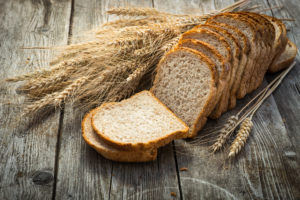
Over time, high blood sugar can lead to metabolic deficiencies and type-2 diabetes. Reducing blood sugar can lessen the risk of these conditions as well as heart disease and can be accomplished even if you’ve already got one of them.
These days, managing blood sugar may be even more important than it was in the past, as it can contribute to illness that may impair immunity and boost the risk of COVID-19.
One of the best ways to control and reduce blood sugar is with a healthy diet. Food and drink that don’t cause spikes are ideal and can regulate blood sugar, reduce inflammation, and prevent or reverse type-2 diabetes over time.
So, what are these foods? There are a bunch. But as a general rule of thumb, you’ll want to find foods with a low glycemic index, or GI. These items don’t have a major effect on blood sugar levels, and sometimes, they can even be used to balance out a high GI food.
- Whole wheat/pumpernickel bread
- Most fruits, except pineapple, melons, and fruit juices
- Sweet potatoes/yams
- Oatmeal/oat bran
- Nuts
- Beans/peas/chickpeas/lentils (legumes)
- Garlic
- Yogurt
- Fish/poultry/meat
Many of these items are simple substitutes for common high GI foods that are dietary staples. Things like white bread, French fries, candies, cakes, and sweets are all foods that can overload blood sugar and lead to metabolic disorders.
Aside from these dietary approaches, other steps to manage blood sugar include regular exercise, staying hydrated with clear, sugar-free liquids, eating small meals more frequently, and not skipping meals.